The Coronavirus has presented us all with some very life-threatening challenges. For once, the entire globe is under siege by a crisis impacting us all.
It is simply, one word, unprecedented.
However, that does not mean that we cannot look back at past crises and begin to see patterns and similarities that correspond to what could or may happen, albeit on a much larger scale as a result of our present times.
One clear trend that is emerging that has occurred in crisis in the past is that crisis giving has attracted a cohort of new donors who have never given before to start giving.
I most recently lived through the Bushfires of Southeast New South Wales and witnessed the same with nonprofit charities in Australia. Apart and separate from the Bushfires, this pattern of giving has been demonstrated in a multitude of other disasters in the past.
>>Quick station break – article continues below, and you’ll want to get your hot little hands all over my new 7 Tips to Take Back Control of Your Time Guide. Get a copy of your guide here!>>>
Interestingly to note that of my 40 or so coaching clients, we are seeing a marked increase in the number of new donors, including non-donors who have sat on the organization’s files for several years.
Australian philanthropy has noted in a recent F & P magazine issue (February/March 2020) that new donors are “Stirred by the calamity unfolding on their TV and mobile screens, people respond emotionally. They want to help their fellow citizens through the dark times.” This fact is the definition of “impulse philanthropy.” They are reacting to a very real sensory experience that is impacting them and their loved ones directly. There is no greater motivation for donating than this.
I would further extrapolate that in the case of the Coronavirus that many have felt helpless and powerless about their own set of circumstances and feel as if this is one way to have control over their given set of circumstances. We are all in this together this time.
As with all new donors and particularly these, what I would call episodic donors, the challenge is to covert these “crisis” first-time givers into donors. It has been found that these disaster donors giving falls off precipitously in the months following the disaster.
Will the passion that compelled them to give endure into the future?
If you look at the findings from other past disasters, you will see that donors who have never given before but respond to a disaster don’t usually continue to give in the longer term – they are mostly one-time givers. And a first-time giver is not a regular donor. These are the most difficult to convert.
So what is one to do?
What is the one thing that is universal, and that impacts the sector as seen in donor retention rates in donor care or as we say in America, Stewardship? In this case, I recommend a post-crisis stewardship plan that may help convert some of these givers into repeat donors.
What should be in your “Post Coronavirus Crisis Stewardship Plan?”
- A timely acknowledgment. Getting out acknowledgments may be more difficult these days, but this must be made a priority even more so.
- If someone gave online, then an online acknowledgment is warranted. If someone gave through the mail, then work to get that acknowledgment letter out ASAP. Bring home stationery and keep it at your home office and ensure that you have systems in place so that the appropriate signers can officially do their job, so the letters get out quicky.
- Acknowledgment turn-around time during disasters and crises is even more critical. People are giving to an urgent request, thank them urgently!
- Ensure that the acknowledgment is highly personalized towards what they gave to and what impact that their donation may have had.
- Also, be sure that the acknowledgment letter now references the new tax-deductibility of up to $300 put into place by the recent CARES ACT.
- Consider crafting a highly personalized “Welcome Package” for this donor, whether online or digital or a combination of touches. In this welcome series, you want to be sure to reference the disasters/crisis and build knowledge of and perhaps more significant investment in the overall work of the organization but also tied to their primary reason for giving maintaining that central theme.
- Since we are all working from home, now is the time to begin using the telephone again. Get going and start calling your donors and thanking them. And, consider using alternate methods of technology such as text messaging.
- Be sure to tier these donors by the level of giving and develop specialized stewardship techniques of donors at each level, moving from highly personalized to more generic.
- Ask them again soon. But steward these donors first. But ask before the crisis is over and before the economic slump hits.
- And, prepare your Post-Disaster communications and stewardship plan BEFORE the next disaster or crisis.
While we are in the middle of a crisis, let us not forget the basics, especially with all these new donors who are now giving to our organizations as a result of this crisis. We need to act immediately to put together strong donor care responses that work to convert these first-time givers into regular donors.
Being prepared and acting fast is the only solution to increasing their conversation rate.
If you don’t have your Coronavirus Stewardship or Donor Care Plan in place, now is the time. But, you must plan and engage quickly before too much time has elapsed.
For a free, 30-minute consultation, or to learn more about our “Survive and Thrive” professional coaching services, visit us here at www.developmentconsultingsolutions.com/coaching or book your fundraising coaching session at http://calendly.com/developmentconsultingsolutions/30min.
Join my new nonprofit “tribe” who are surviving and thriving! Click HERE to join my private Facebook group: Nonprofit Survive and Thrive Mastermind and receive support and inspiration to drive your results.
Photo by Brian McGowan on Unsplash

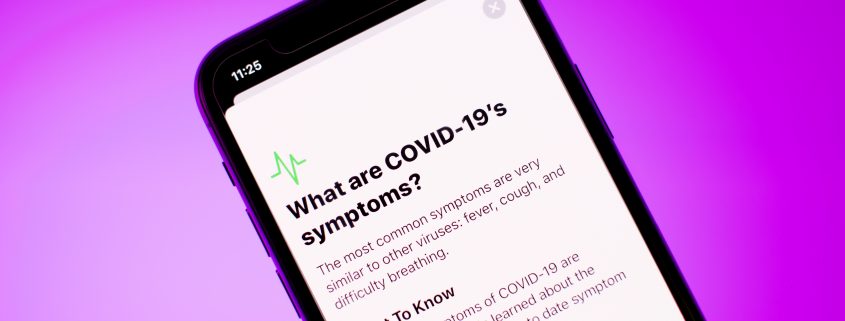

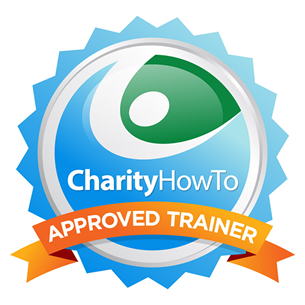
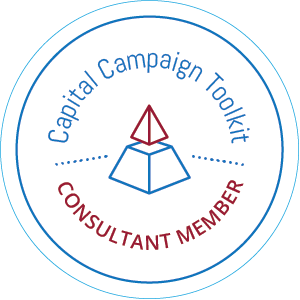
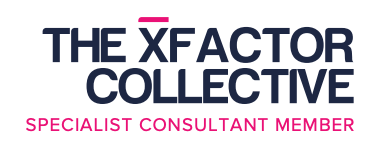
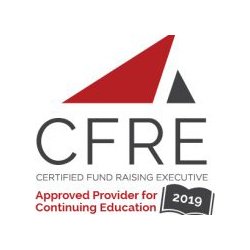
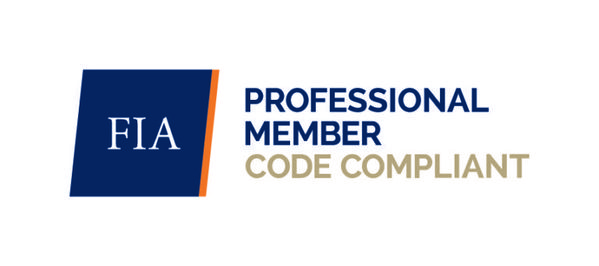


Leave a Reply
Want to join the discussion?Feel free to contribute!